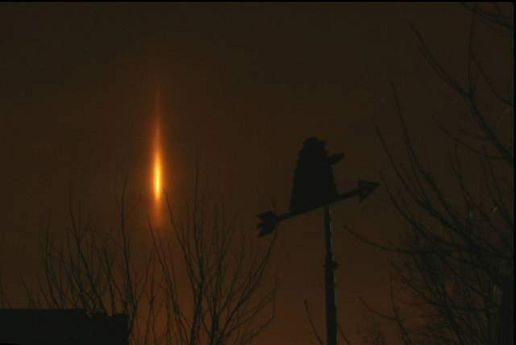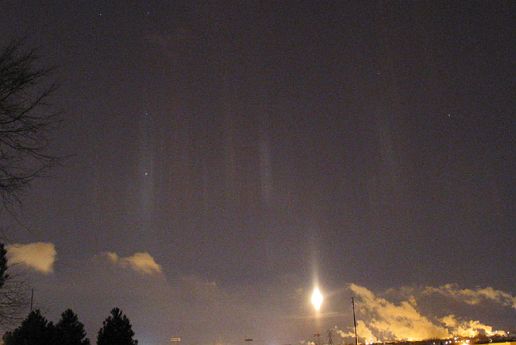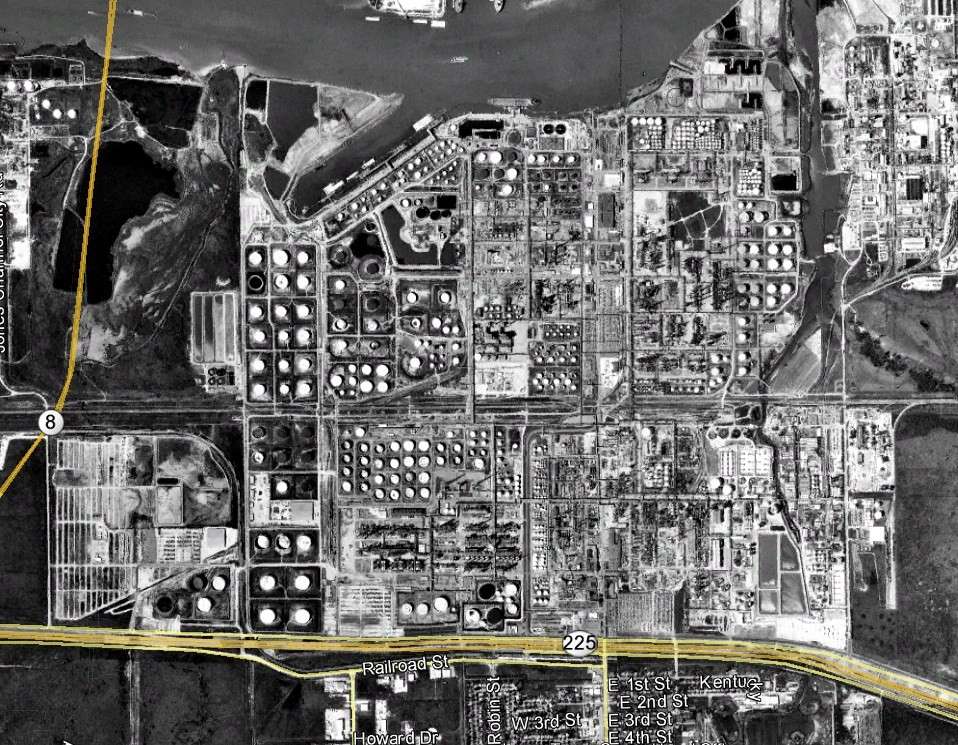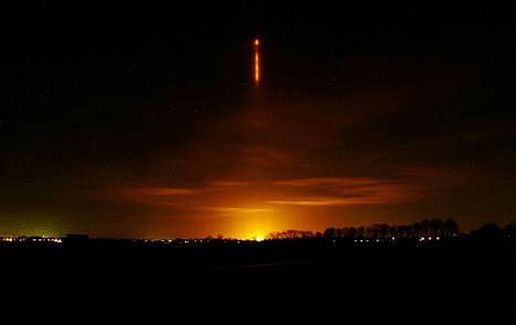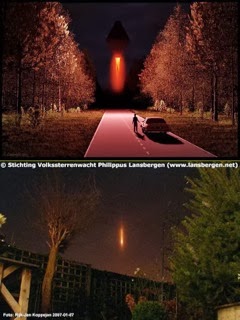The adult witnesses originally were not able to tell if they were seeing helicopters or airplanes, which would seem to indicate they were distant.
If sourced, and in the "first" interviewes, that's realy interesting imho...
EDIT: you provided an excerpt (our comments crossing^^).**You well know that, more and more times you are interviewed (or restoring events in memory), and more and more you are re-structuring it, and going "fare away" the "initial" event you are narrating. "Embellishments" comes into play and becomes part of a "sensational narrative", as often including as new "parts" of your narrative what is offered by your interviewer and investigator (John Shuesler ie.), by articles/newspapers about you and your story, etc. In other words, external infos (in reality) become taking part your narrative, as "exagerations", as what have a special interest for others (investigators, newspapers, etc). It is mainly not consciously done or made (then, it is not the witnesses who are hoaxing, lying...), but involving mere suggestion/suggestibility processings...
Psychologists are agreed that even if the first time you are restoring an event/stimulus in memory, that's
already a re-construction of it, and not the instant "photo" of this stimulus/event.
I particulary like the definition of
retrospective falsification, something probably at play concerning its famous case, or not. Dunno, if not impossible to proove, but well something probably to take into the "equation":
D. H. Rawcliffe coined this term to refer to the process of telling a story that is factual to some extent, but which gets distorted and falsified over time by retelling it with embellishments. The embellishments may include speculations, conflating events that occurred at different times or in different places, and the incorporation of material without regard for accuracy or plausibility. The overriding force that drives the story is to find or invent details that fit with a desired outcome. The process can be conscious or unconscious. The original story gets remodeled with favorable points being emphasized and unfavorable ones being dropped. The distorted and false version becomes a memory and record of a remarkable tale. [...] The term is used in psychology to describe the process of creating false memories by selecting and reshaping incidents from the past to fit present needs. Retrospective falsification occurs in most, if not all, people and is generally an unconscious process.
source: http://www.skepdic.com/retfalse.html
** PS: this excerpt could be interpreted differently than "were not able to tell if they were seeing helicopters or airplanes", because in the sequence of its narrative she is "confirming" it was helico...
But well, again, narratives are complexe and should be recorded "immediatly" after an event, to avoid the processings I mentionned fastly. Of course, that's impossible...
Amitiés,
Gilles

 Accueil
Accueil


